
The Enchanting Plains of Deosai National Park
Nestled in the heart of Pakistan, Deosai National Park is a vast and breathtaking plateau that stretches over 3,000 square kilometers. Known as the 'Land of Giants,' this park is situated at an average altitude of 4,114 meters above sea level, making it one of the highest plateaus in the world. The park offers a unique blend of natural beauty, from lush green meadows to snow-capped peaks, and is home to a diverse range of flora and fauna, including the Himalayan brown bear, golden marmots, and colorful wildflowers. Deosai National Park is a haven for nature enthusiasts and adventure seekers alike. The park's pristine environment provides an ideal setting for activities such as trekking, camping, and wildlife spotting. The Sheosar Lake, located within the park, is one of the highest lakes in the world and offers stunning views of the surrounding mountains, including the famous Nanga Parbat. The crystal-clear waters of the lake reflect the azure sky, creating a picture-perfect scene that is a photographer's dream. Visiting Deosai National Park is a journey into the heart of nature, where the air is pure and the landscapes are untouched by modern development. The park is accessible from the towns of Skardu and Astore, and the best time to visit is during the summer months, from June to September, when the weather is most favorable. Whether you're looking to immerse yourself in the serene beauty of the plains or seeking an adrenaline-pumping adventure, Deosai National Park promises an unforgettable experience.
Local tips in Deosai National Park
- Best time to visit is from June to September when the weather is most favorable.
- Carry warm clothing, as temperatures can drop significantly, even in summer.
- Hire a local guide for an enriched experience and to navigate the park safely.
- Bring your own camping gear if you plan to stay overnight in the park.
- Ensure you have a reliable vehicle, preferably a 4x4, as the terrain can be challenging.
The Enchanting Plains of Deosai National Park
Nestled in the heart of Pakistan, Deosai National Park is a vast and breathtaking plateau that stretches over 3,000 square kilometers. Known as the 'Land of Giants,' this park is situated at an average altitude of 4,114 meters above sea level, making it one of the highest plateaus in the world. The park offers a unique blend of natural beauty, from lush green meadows to snow-capped peaks, and is home to a diverse range of flora and fauna, including the Himalayan brown bear, golden marmots, and colorful wildflowers. Deosai National Park is a haven for nature enthusiasts and adventure seekers alike. The park's pristine environment provides an ideal setting for activities such as trekking, camping, and wildlife spotting. The Sheosar Lake, located within the park, is one of the highest lakes in the world and offers stunning views of the surrounding mountains, including the famous Nanga Parbat. The crystal-clear waters of the lake reflect the azure sky, creating a picture-perfect scene that is a photographer's dream. Visiting Deosai National Park is a journey into the heart of nature, where the air is pure and the landscapes are untouched by modern development. The park is accessible from the towns of Skardu and Astore, and the best time to visit is during the summer months, from June to September, when the weather is most favorable. Whether you're looking to immerse yourself in the serene beauty of the plains or seeking an adrenaline-pumping adventure, Deosai National Park promises an unforgettable experience.
When is the best time to go to Deosai National Park?
Iconic landmarks you can’t miss
Lulusar-Dudipatsar National Park
Discover the enchanting beauty of Lulusar-Dudipatsar National Park, where majestic mountains and serene lakes await your exploration.
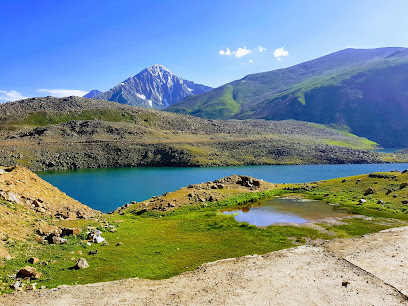
Passu Cones Viewpoint
Discover the breathtaking beauty of Passu Cones Viewpoint in Gilgit-Baltistan, where stunning mountain landscapes meet serene nature.
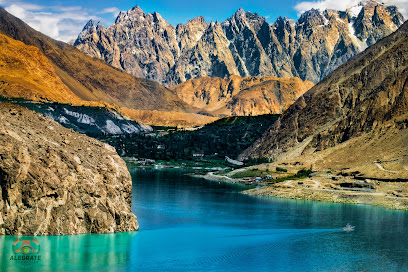
Shandur National Park
Explore the natural beauty and rich cultural heritage of Shandur National Park, where adventure and tranquility coexist in perfect harmony.
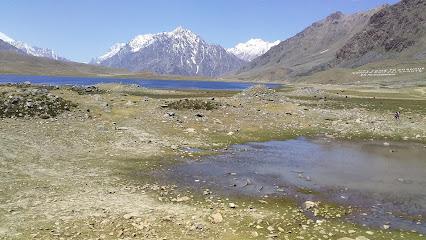
Kharphocho Fort
Discover the breathtaking history and stunning views at Kharphocho Fort in Skardu, Gilgit-Baltistan, a must-visit for every traveler!
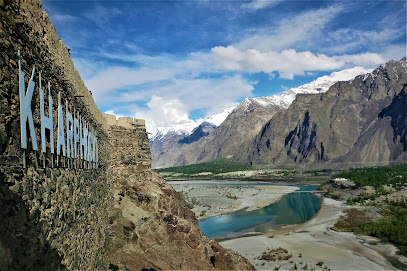
Katpana Desert
Explore the stunning Katpana Desert, where golden sand dunes meet the majestic Karakoram mountains in a breathtaking landscape.
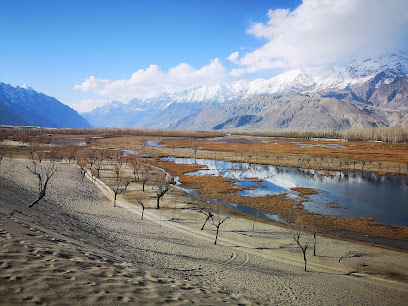
Basho Valley (Sultanabad Medow)
Discover the breathtaking beauty of Basho Valley, a serene and picturesque destination in Skardu, perfect for nature lovers and adventure seekers.
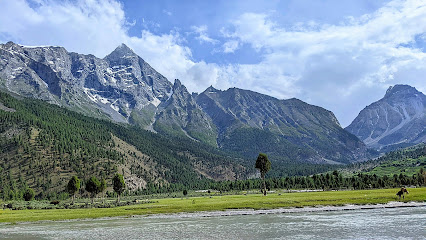
Sarfaranga Cold Desert Shigar
Experience the breathtaking beauty of Sarfaranga Cold Desert, a unique tourist attraction in Skardu, Pakistan, where sandy dunes meet majestic mountains.
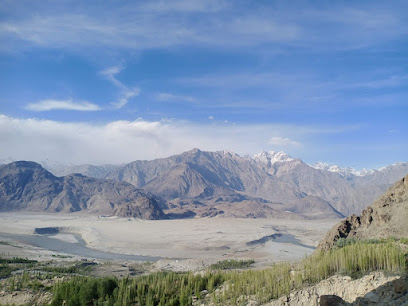
Manthal Buddha Rock
Explore the ancient beauty of Manthal Buddha Rock, a historical landmark in Skardu, offering breathtaking views and rich cultural heritage.
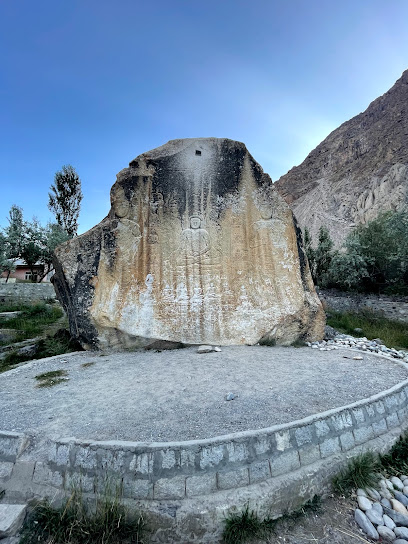
Shausar Lake
Discover the stunning beauty of Shausar Lake in Deosai National Park, a breathtaking gem perfect for nature lovers and adventure seekers.
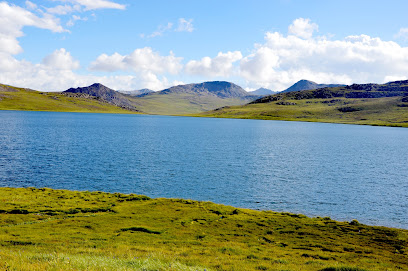
Deosai Top & Sadpara Broque
Explore the stunning beauty and wildlife of Deosai National Park, the 'Land of Giants', and immerse yourself in nature's pristine landscapes.
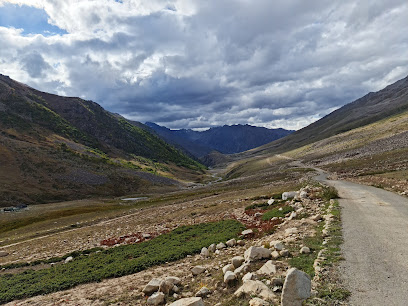
Blind Lake Shigar
Experience the tranquil beauty of Blind Lake Shigar, a hidden gem in Skardu, perfect for nature lovers and adventure seekers alike.
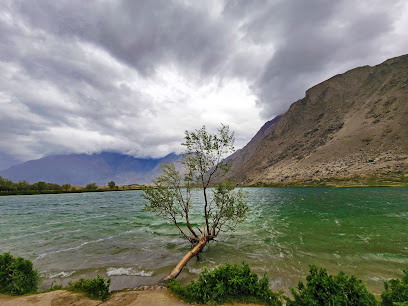
Soq Valley
Explore the breathtaking Soq Valley, a hidden gem in Skardu, Pakistan, known for its stunning landscapes and rich cultural experiences.
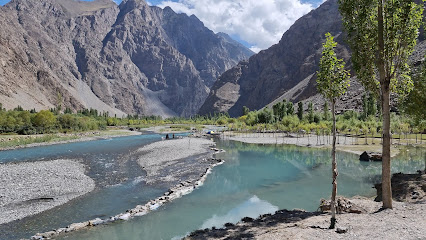
Hussainabad Waterfall
Discover the breathtaking beauty of Hussainabad Waterfall in Skardu, a serene escape surrounded by lush nature and majestic mountains.
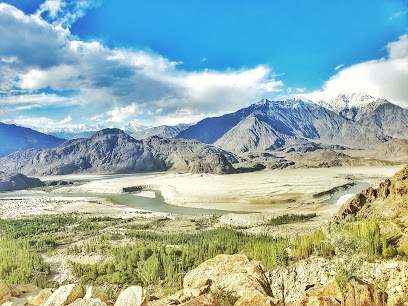
Deosai Top
Experience the breathtaking beauty of Deosai Top, Pakistan's stunning high-altitude plateau, renowned for its vibrant wildlife and breathtaking landscapes.
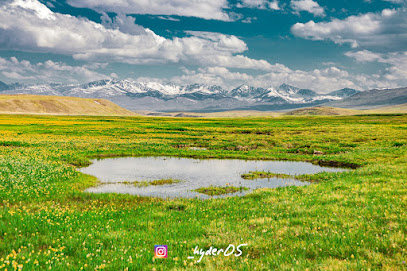
Sheosar Lake
Discover the breathtaking beauty and tranquility of Sheosar Lake, a hidden gem in Deosai National Park, perfect for nature lovers and adventure seekers.
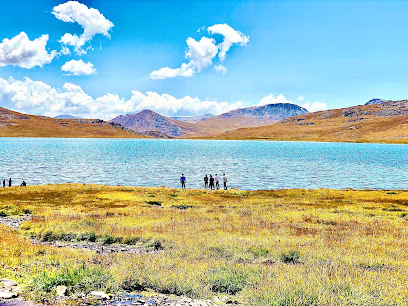
Unmissable attractions to see
Manthokha Waterfall
Experience the breathtaking beauty of Manthokha Waterfall in Kharmang Valley, a hidden gem perfect for nature lovers and adventure seekers.
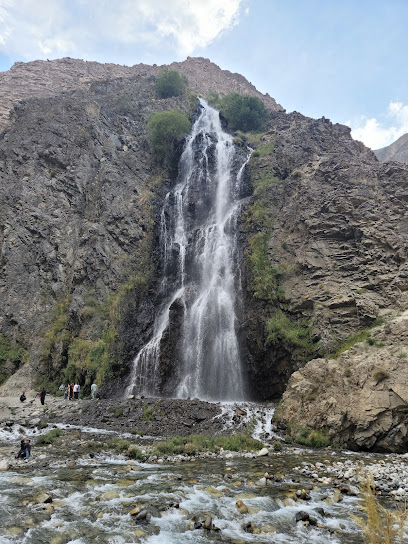
Katpana Desert
Experience the breathtaking beauty of the Katpana Desert, a unique tourist attraction in Skardu, Pakistan, offering adventure and serenity in a stunning landscape.
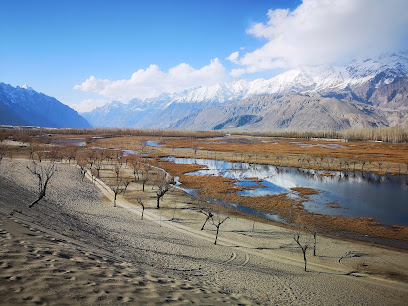
Basho Valley (Sultanabad Medow)
Discover the breathtaking beauty of Basho Valley in Skardu, a hidden gem perfect for nature lovers and adventure seekers alike.
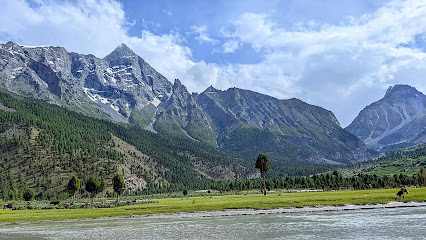
Khamosh Waterfall
Experience the breathtaking beauty of Khamosh Waterfall in Gilgit-Baltistan, a hidden gem offering tranquility, adventure, and stunning natural landscapes.
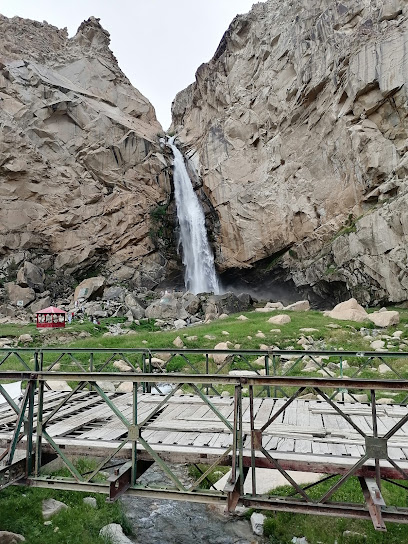
Sarfaranga Cold Desert Shigar
Experience the unparalleled beauty of Sarfaranga Cold Desert, where towering mountains meet stunning sandy landscapes, perfect for adventure and tranquility.
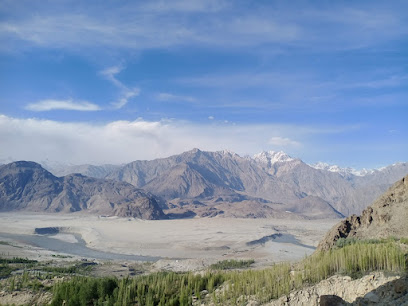
Manthal Buddha Rock
Explore the serene beauty and historical richness of Manthal Buddha Rock, an ancient Buddhist site in the heart of Gilgit-Baltistan.
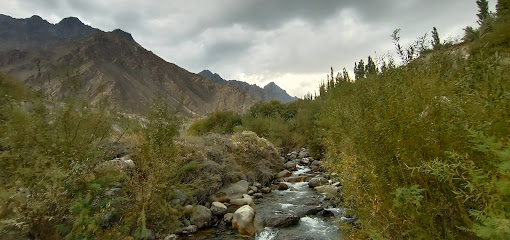
Deosai Top & Sadpara Broque
Explore the breathtaking landscapes and rich biodiversity of Deosai Top & Sadpara Broque, a serene national park in Pakistan's majestic mountains.
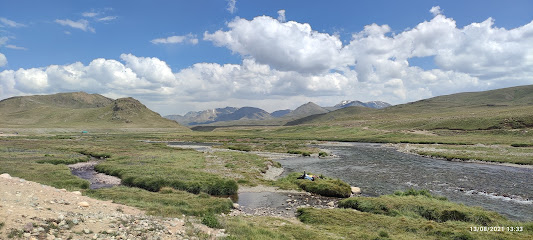
Blind Lake Shigar
Explore the serene beauty of Blind Lake Shigar, a hidden gem in Skardu, where nature meets tranquility and adventure awaits.
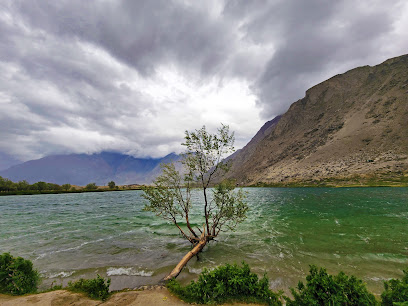
Chota Pani
Explore Chota Pani in Deosai National Park: A breathtaking destination for nature lovers and adventure seekers, rich in wildlife and stunning landscapes.
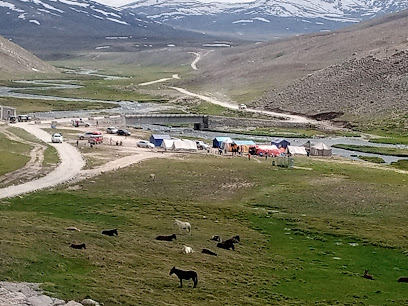
Hussainabad Waterfall
Experience the breathtaking beauty of Hussainabad Waterfall in Skardu, a serene natural escape surrounded by stunning landscapes and vibrant ecosystems.
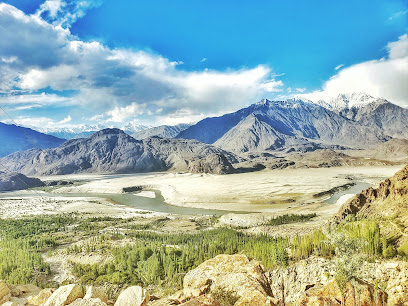
Deosai Top
Experience the stunning landscapes and unique wildlife of Deosai Top, a breathtaking high-altitude plateau in Pakistan's Deosai National Park.
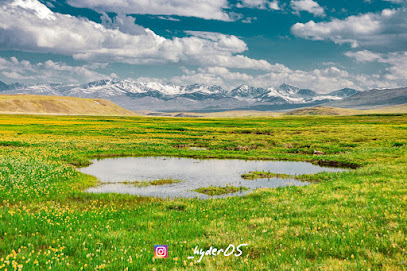
Sheosar Lake
Experience the serene beauty of Sheosar Lake, a stunning alpine gem nestled in Deosai National Park, perfect for nature lovers and adventure seekers.
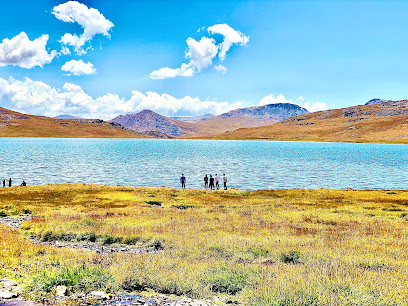
Chunda Valley (View Point)
Discover the breathtaking views at Chunda Valley View Point in Skardu, a must-visit destination for nature lovers and photographers seeking stunning landscapes.
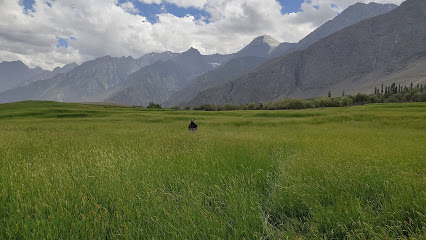
Marsur Rock Hussainabad Skardu
Experience the breathtaking beauty of Marsur Rock in Hussainabad, Skardu - an iconic destination for nature lovers and adventure seekers.
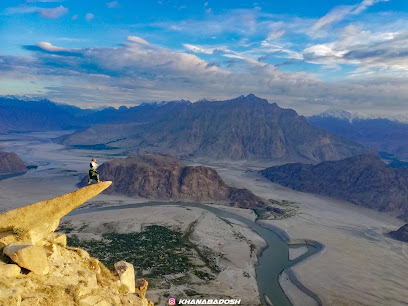
Sadpara Lake Viewpoint
Explore the stunning Sadpara Lake Viewpoint, a serene escape in Skardu, Gilgit-Baltistan, known for its turquoise waters and breathtaking mountain views.
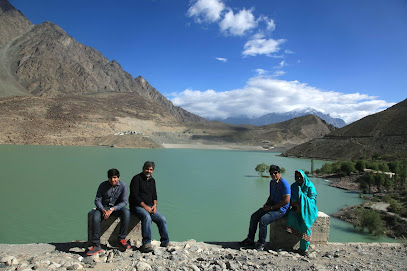
Essential places to dine
Deosai National Park
Explore Deosai National Park: A breathtaking blend of stunning landscapes, diverse wildlife, and rich cultural heritage in northern Pakistan.
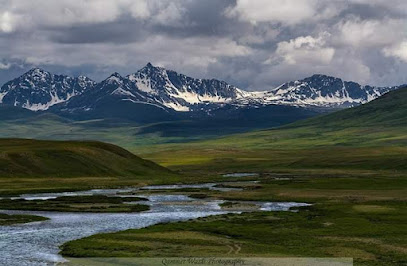
Paradise Hotel & Restaurant, Gilgit
Discover culinary delights at Paradise Hotel & Restaurant in Gilgit - where stunning views meet exquisite flavors.
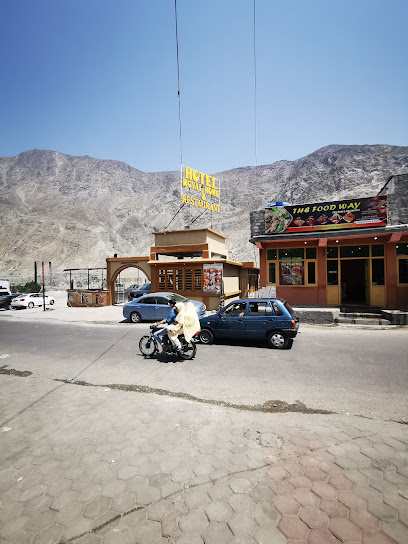
Glacier Breeze
Discover Glacier Breeze: A culinary haven in Passu offering delectable apricot cake and stunning mountain views.
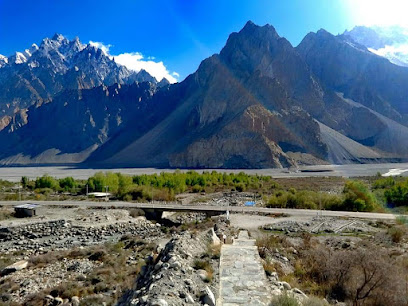
Hidden Paradise Hunza
Savor organic delights at Hidden Paradise Hunza while enjoying breathtaking mountain views in Karimabad.
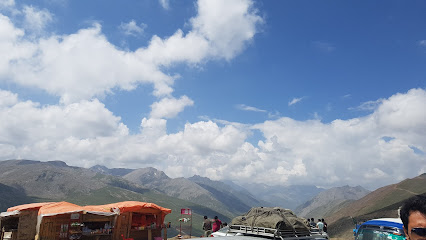
Hotel Summit & Restaurant
Experience authentic Pakistani cuisine amidst breathtaking mountain views at Hotel Summit & Restaurant in Skardu.
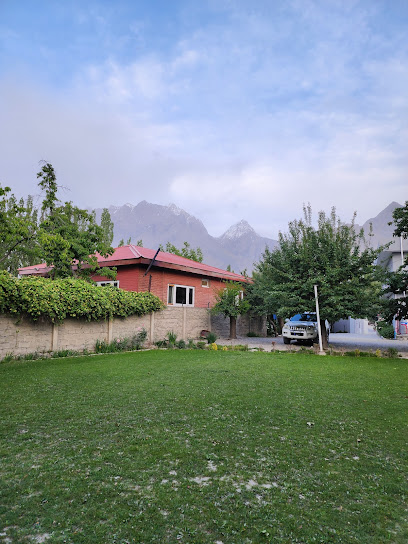
Deosai Top & Sadpara Broque
Explore Deosai National Park: A High-Altitude Wonderland Rich in Biodiversity and Stunning Landscapes
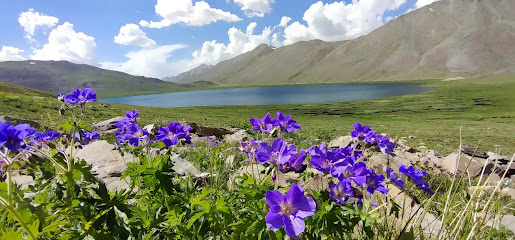
Hotel Reego
Experience unparalleled comfort at Hotel Reego in Skardu - your gateway to adventure in Gilgit-Baltistan's stunning landscapes.
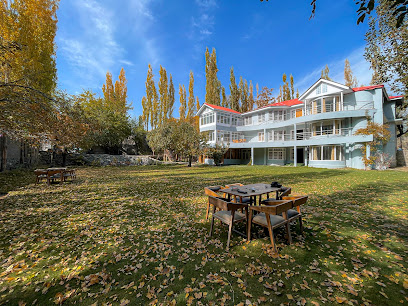
Chota Pani
Discover the breathtaking beauty of Chota Pani in Deosai National Park – a paradise for nature lovers and adventure seekers.
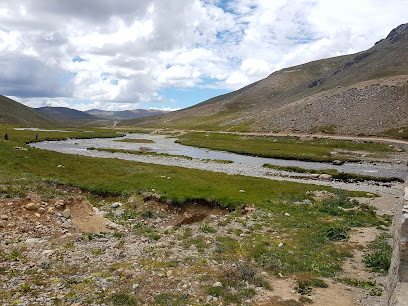
Arish Luxury Suites
Discover unparalleled comfort and breathtaking views at Arish Luxury Suites in Skardu – your gateway to adventure in nature's paradise.
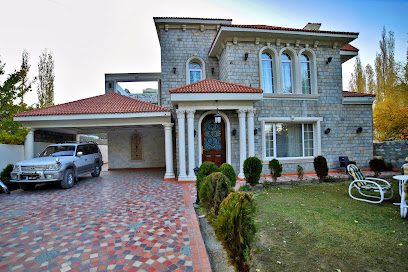
Deosai Top
Explore Deosai Top: A breathtaking plateau in Pakistan's Deosai National Park known for stunning landscapes and diverse wildlife.
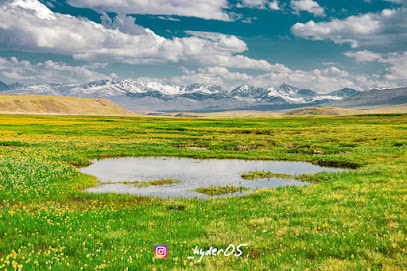
DeJani Hotel and Resorts Astore
Discover tranquility at DeJani Hotel and Resorts Astore, where comfort meets nature amidst breathtaking landscapes.
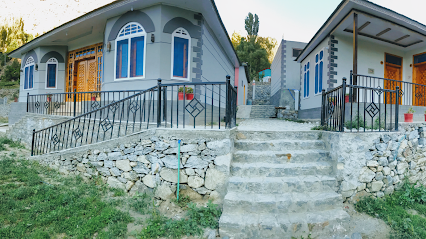
Eat and Read Hotel and Restaurant
Experience comfort and exquisite dining at Eat and Read Hotel and Restaurant in scenic Skardu.
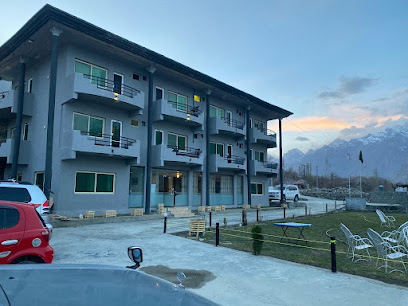
Cafe 1972
Discover Café 1972 in Gilgit - where local flavors meet modern comfort amidst breathtaking landscapes.
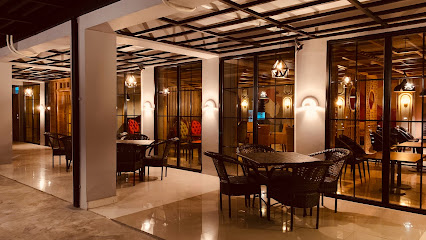
Deosai Plains
Discover Deosai Plains: A breathtaking national park in Gilgit-Baltistan known for stunning landscapes and rich biodiversity.
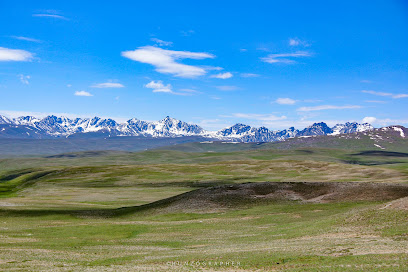
Deosai Gateway Inn Skardu
Discover unparalleled comfort at Deosai Gateway Inn Skardu – your gateway to nature's wonders and adventure in Pakistan's breathtaking landscapes.
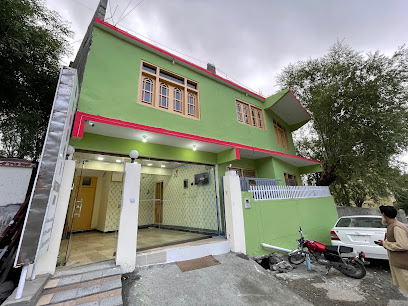
Markets, malls and hidden boutiques
Deosai National Park
Explore the breathtaking Deosai National Park, a UNESCO World Heritage Site known for its stunning landscapes, diverse wildlife, and incredible hiking trails.
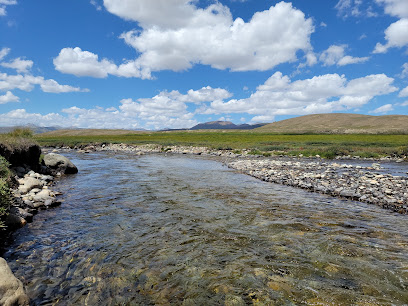
Deosai Plains
Explore the breathtaking Deosai Plains, a pristine national park in Gilgit-Baltistan known for its stunning landscapes and rich wildlife.
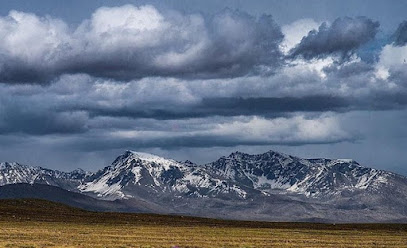
Deosai Top & Sadpara Broque
Explore the breathtaking Deosai Top & Sadpara Broque, a national park in Pakistan known for stunning landscapes, diverse wildlife, and adventure opportunities.
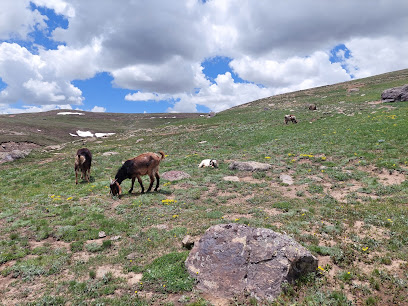
Pehchan General Store
Discover the essence of Skardu at Pehchan General Store, your go-to destination for local goods and unique souvenirs in Aliabad.
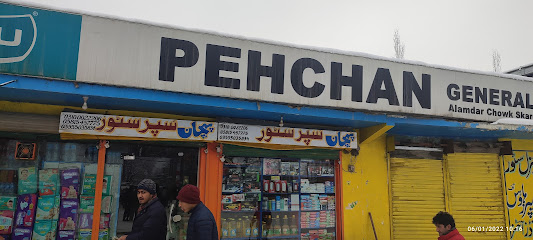
Deosai Top
Explore the breathtaking heights of Deosai Top, Pakistan's stunning plateau known for its diverse wildlife and vibrant wildflowers.
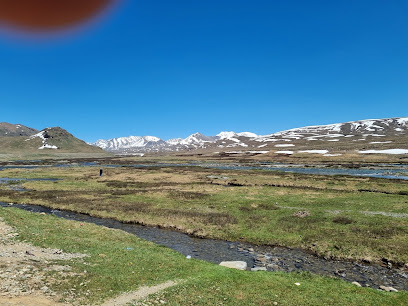
Long Life Mountaineering Equipment Shop Skardu
Discover top-quality mountaineering gear at Long Life Mountaineering Equipment Shop in Skardu, your gateway to thrilling outdoor adventures!
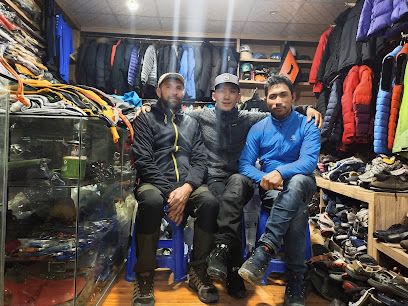
7DAY Super Store
Discover the flavors of Skardu at 7DAY Super Store, where delicious baked goods meet local traditions in a cozy setting.
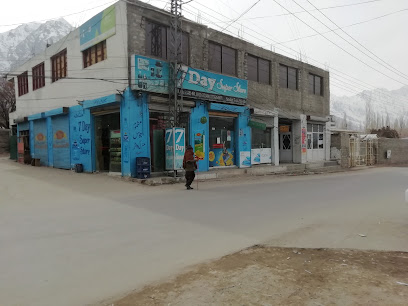
Peridot Super Store
Explore the vibrant flavors of Skardu at Peridot Super Store, your ultimate grocery stop for fresh produce and local specialties.
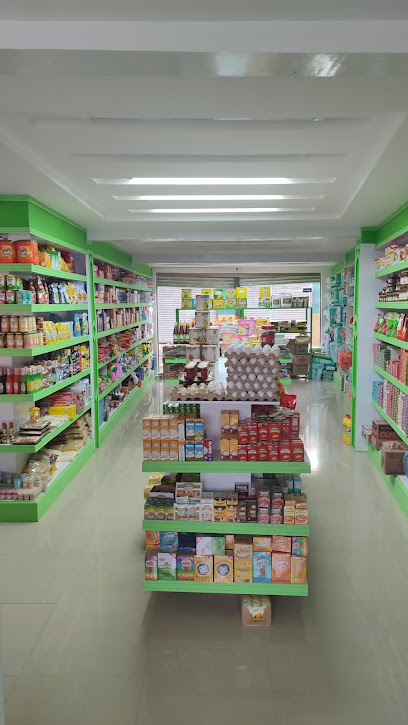
Al-Hassan Market
Immerse yourself in local culture at Al-Hassan Market, Skardu's vibrant supermarket offering fresh produce and unique handicrafts.
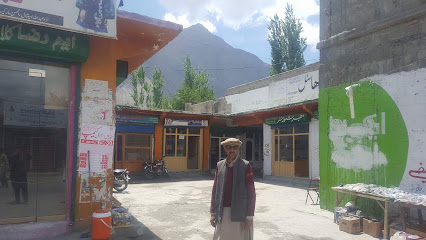
Khushall Gems
Explore Khushall Gems in Skardu for a dazzling selection of unique gemstones and exceptional service in a breathtaking environment.
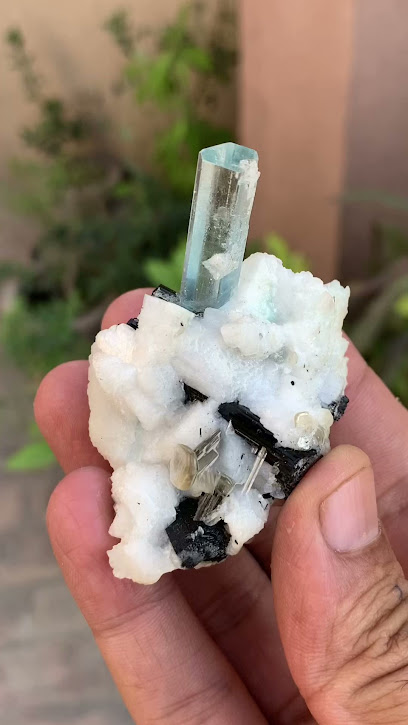
Hussain Fabrics Skardu
Explore Hussain Fabrics in Skardu, where local craftsmanship meets modern style in a vibrant shopping experience.
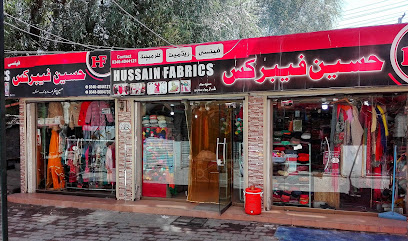
Raja electric store
Explore Raja Electric Store in Skardu for the best in electronics, local expertise, and an unforgettable shopping experience in Gilgit-Baltistan.
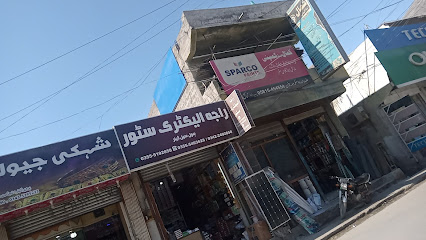
Mondoq Palace
Discover timeless treasures at Mondoq Palace, an antique store in Aliabad that showcases the rich cultural heritage of Gilgit-Baltistan.
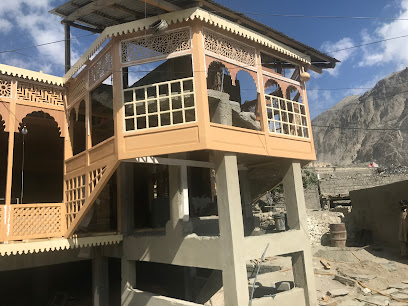
Deosai Camping
Experience the breathtaking beauty of Deosai Camping amidst the serene landscapes of Deosai National Park in Gilgit-Baltistan.
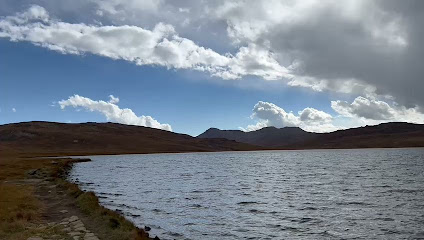
Shigri Zehr e Mora Gift Shop
Explore the rich culture of Gilgit-Baltistan through unique antiques and handcrafted treasures at Shigri Zehr e Mora Gift Shop.
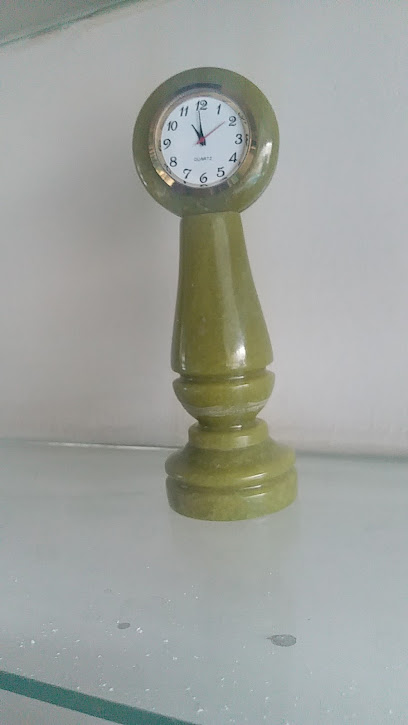
Essential bars & hidden hideouts
SHAHI DEWAN
Experience the rich flavors of Indian cuisine at Shahi Dewan, a culinary gem in Skardu's vibrant Maqpon Plaza.
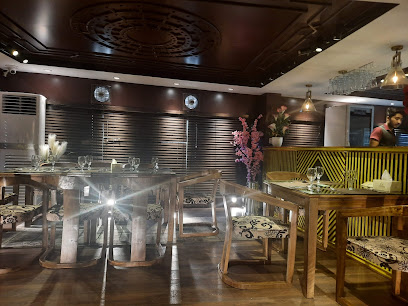
Dewan-e-Khas Hotel & Restaurant
Savor the rich flavors of Skardu at Dewan-e-Khas Hotel & Restaurant, a top dining destination in the heart of Gilgit-Baltistan.
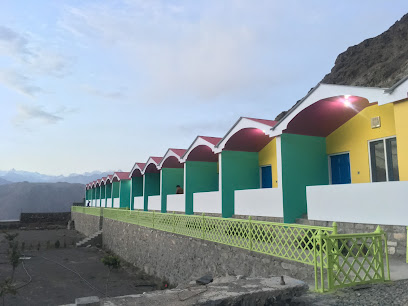
Indus Lodges Skardu
Indus Lodges Skardu: A delightful restaurant and lodge offering a blend of local flavors and comfort amidst breathtaking mountain scenery.
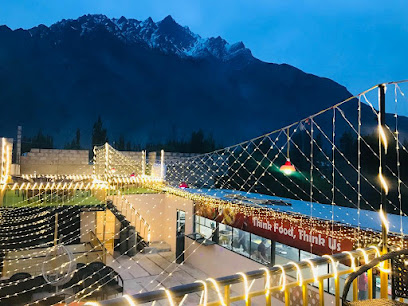
Deosai Plains
Explore Deosai Plains, a captivating national park in Gilgit-Baltistan, renowned for its breathtaking landscapes, rich wildlife, and vibrant local culture.
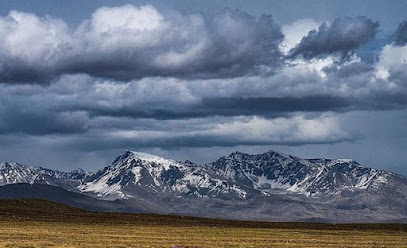
Rafsal restaurant
Explore the flavors of Skardu at Rafsal Restaurant, where local cuisine and exceptional service create an unforgettable dining experience.
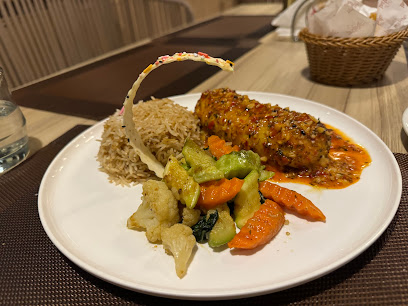
The Grind Cafe and Eatery, Skardu
Discover the culinary delights of The Grind Cafe and Eatery in Skardu, where breakfast meets breathtaking views and diverse flavors await.
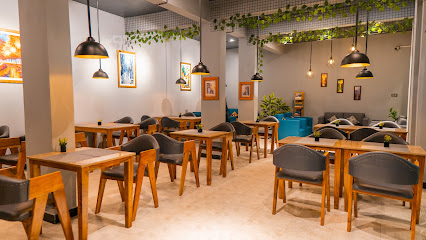
Arish Luxury Suites
Discover unparalleled luxury and stunning views at Arish Luxury Suites in the heart of Skardu, a perfect escape for nature lovers and comfort seekers.
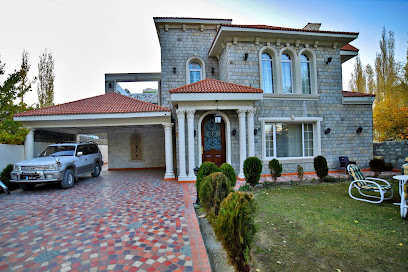
Cafe De North
Experience the perfect family-friendly dining spot in Skardu with delicious food and stunning mountain views at Café De North.
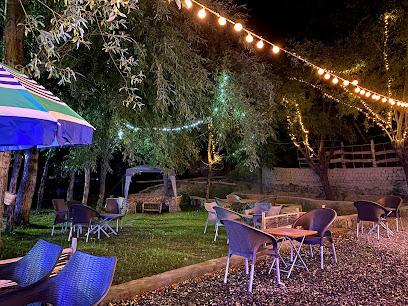
Lazeeza Restaurant, Yadgar ChowkSkardu
Discover the authentic taste of Pakistan at Lazeeza Restaurant in Skardu, where local flavors meet warm hospitality in a stunning setting.
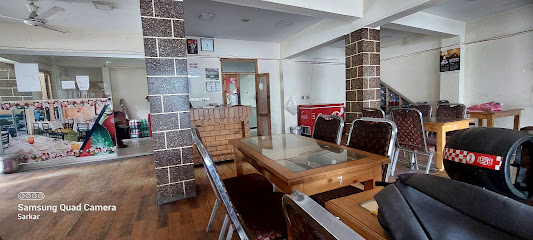
Eye view guest house and restaurant
Discover Eye View Guest House and Restaurant in Skardu: where breathtaking views meet delicious cuisine in a welcoming ambiance.
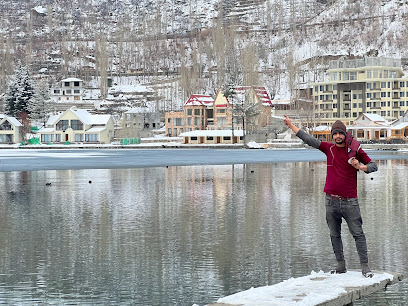
Eat and Read Hotel and Restaurant
Discover comfort and culinary delights at Eat and Read Hotel, where stunning views and delicious cuisine await in the heart of Skardu.
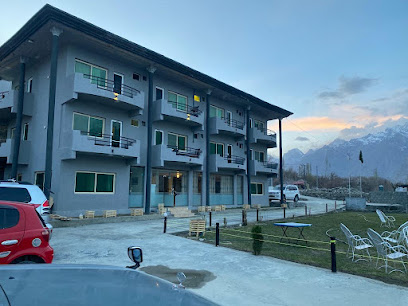
Al-Yusuf Dine Inn Restaurant
Experience the authentic taste of Gilgit-Baltistan at Al-Yusuf Dine Inn, a culinary haven in Skardu, perfect for every traveler.
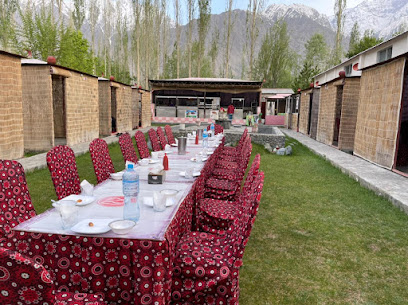
Khadim resort
Discover the flavors of Pakistan at Khadim Resort, where exquisite dining meets breathtaking views of Upper Kachura Lake in Skardu.
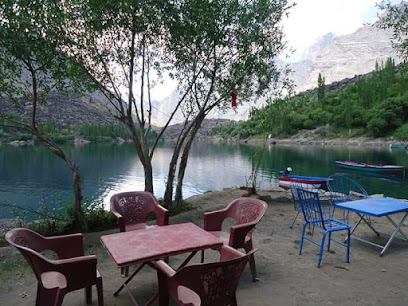
Quetta Baltistan Cafe & Shinwari Skardu
Experience the authentic tastes of Baltistani cuisine at Quetta Baltistan Cafe & Shinwari, Skardu's culinary treasure.
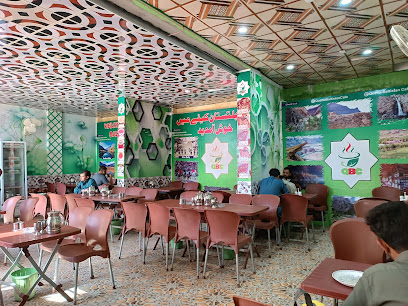
Local Phrases about Deosai National Park
-
- Helloسلام
[salaam] - Goodbyeخدا حافظ
[khuda hafiz] - Yesہاں
[haan] - Noنہیں
[nahin] - Please/You're welcomeبراہ کرم
[baraah karam] - Thank youشکریہ
[shukriya] - Excuse me/Sorryمعذرت
[maazrat] - How are you?آپ کیسے ہیں؟
[aap kaise hain?] - Fine. And you?ٹھیک ہوں۔ آپ؟
[theek hoon. aap?] - Do you speak English?کیا آپ انگریزی بولتے ہیں؟
[kya aap angrezi boltay hain?] - I don't understandمجھے سمجھ نہیں آرہا
[mujhe samajh nahi araha]
- Helloسلام
-
- I'd like to see the menu, pleaseبراہ کرم مینو دیکھنا چاہتا ہوں
[baraah karam menu dekhna chahta hoon] - I don't eat meatمیں گوشت نہیں کھاتا
[mein gosht nahi khaata] - Cheers!خوش رہیں!
[khush rahain] - I would like to pay, pleaseبراہ کرم ادا کرنا چاہتا ہوں
[baraah karam ada karna chahta hoon]
- I'd like to see the menu, pleaseبراہ کرم مینو دیکھنا چاہتا ہوں
-
- Help!مدد!
[madad!] - Go away!چلے جاؤ!
[chale jao!] - Call the Police!پولیس کو بلاؤ!
[police ko bulao!] - Call a doctor!ڈاکٹر کو بلاؤ!
[doctor ko bulao!] - I'm lostمیں گم ہو گیا ہوں
[mein gum ho gaya hoon] - I'm illمیں بیمار ہوں
[mein bemar hoon]
- Help!مدد!
-
- I'd like to buy...میں خریدنا چاہتا ہوں۔۔۔
[mein khareedna chahta hoon...] - I'm just lookingمیں صرف دیکھ رہا ہوں
[mein sirf dekh raha hoon] - How much is it?یہ کتنا ہے؟
[yeh kitna hai?] - That's too expensiveیہ بہت مہنگا ہے
[yeh bohat mehnga hai] - Can you lower the price?کیا آپ قیمت کم کر سکتے ہیں؟
[kya aap qeemat kam kar sakte hain?]
- I'd like to buy...میں خریدنا چاہتا ہوں۔۔۔
-
- What time is it?وقت کیا ہوا ہے؟
[waqt kya hua hai?] - It's one o'clockایک بجے ہیں
[aik bajay hain] - Half past (10)دس بج کر آدھا ہو گیا
[das baj kar aadha ho gaya] - Morningصبح
[subah] - Afternoonدوپہر
[dopehar] - Eveningشام
[shaam] - Yesterdayگزشتہ دن
[guzishta din] - Todayآج
[aaj] - Tomorrowکل
[kal] - 1ایک
[aik] - 2دو
[do] - 3تین
[teen] - 4چار
[chaar] - 5پانچ
[paanch] - 6چھے
[chhay] - 7سات
[saat] - 8آٹھ
[aath] - 9نو
[no] - 10دس
[das]
- What time is it?وقت کیا ہوا ہے؟
-
- Where's a/the...?کہاں ہے...؟
[kahan hai...?] - What's the address?پتہ کیا ہے؟
[pata kya hai?] - Can you show me (on the map)?کیا آپ مجھے (نقشہ پر) دکھا سکتے ہیں؟
[kya aap mujhe (naqsha par) dikhha sakte hain?] - When's the next (bus)?اگلا (باس) کب ہے؟
[agla (bus) kab hai?] - A ticket (to ....)ایک ٹکٹ (سے ....)
[aik ticket (se ....)]
- Where's a/the...?کہاں ہے...؟
History of Deosai National Park
-
Deosai National Park, known as the 'Land of Giants,' is believed to have been a significant area during the ancient civilizations of the region. The vast plateau, situated at an average elevation of 4,114 meters above sea level, has been home to various nomadic tribes for centuries. The name 'Deosai' itself is derived from the Tibetan language, indicating the long-standing cultural exchanges in this high-altitude region.
-
The Deosai Plains were part of the extensive trade routes known as the Silk Road, which connected the East and West. Traders and caravans traversed these high-altitude plains, contributing to the exchange of goods, ideas, and cultures. The remnants of ancient trade routes and artifacts found in the area bear testament to Deosai's role in this historical network of commerce.
-
During the British colonial period in the 19th century, Deosai attracted the attention of explorers and cartographers. Sir Martin Conway, a notable mountaineer and explorer, documented his journey through Deosai in the late 19th century. His accounts provide valuable insights into the geography, flora, and fauna of the region during that time.
-
In 1993, the Government of Pakistan declared Deosai as a National Park to protect its unique ecosystem and biodiversity. This decision was driven by the need to conserve the habitat of the Himalayan brown bear, among other endangered species. The park spans an area of approximately 3,000 square kilometers and is one of the highest plateaus in the world.
-
The Deosai Plains hold immense cultural and spiritual significance for the local communities. The Balti people, who reside in the surrounding areas, have numerous legends and folklore associated with Deosai. It is often considered a place of mystery and awe, with tales of supernatural occurrences and mythical creatures enriching the cultural tapestry of the region.
-
In recent years, various national and international organizations have collaborated to enhance conservation efforts in Deosai National Park. Initiatives include wildlife monitoring, anti-poaching measures, and community engagement programs. These efforts aim to preserve the park's unique biodiversity while promoting sustainable tourism that benefits local communities.
Deosai National Park Essentials
-
Deosai National Park is located in the northern region of Pakistan, spanning the districts of Skardu, Ghanche, and Astore. The nearest major city is Skardu, which has a small domestic airport, Skardu Airport, with flights from Islamabad. From Skardu, you can hire a 4x4 vehicle or join a guided tour to reach the park. Alternatively, you can travel by road from Islamabad to Skardu, a journey that takes around 20-24 hours. Another option is to drive from Gilgit to Deosai, which takes approximately 6-8 hours.
-
Transportation within Deosai National Park is primarily by 4x4 vehicles due to the rugged terrain. Guided tours often include transportation, and renting a 4x4 with a driver is recommended for independent travelers. The park itself is vast and remote, so it is essential to have a reliable mode of transport. Public transport options are limited to the outskirts of the park, and most visitors rely on private vehicles or tour operators for access.
-
The official currency in Pakistan is the Pakistani Rupee (PKR). It is advisable to carry sufficient cash as ATMs and card payment facilities are scarce within and around Deosai National Park. Major cities like Skardu have ATMs, but it is best to withdraw cash before heading into the park. Credit cards are accepted in some hotels and larger establishments in Skardu, but smaller vendors and rural areas usually require cash payments.
-
Deosai National Park is generally safe for tourists, but it is important to take standard precautions. The park is remote, so ensure you have a reliable guide or travel with a reputable tour company. Avoid venturing alone, especially at night. Wildlife encounters, altitude sickness, and harsh weather conditions can pose risks, so come prepared. Always inform someone of your travel plans and expected return time. There are no specific high-crime areas targeting tourists, but it is always best to stay vigilant.
-
In case of emergency, the first point of contact should be your tour guide or driver. For medical emergencies, the nearest facilities are in Skardu. It is crucial to have travel insurance that covers emergency evacuations and medical treatment. Carry a basic first-aid kit, and familiarize yourself with the symptoms of altitude sickness. For immediate assistance, you can contact local authorities or the police at 15. Satellite phones are advisable for communication in remote areas.
-
Fashion: Do dress in layers and bring warm clothing, as temperatures can drop significantly. Avoid wearing revealing clothing. Religion: Do respect local customs and religious practices. Dress modestly, especially in villages and around religious sites. Public Transport: Do be respectful and courteous to drivers and fellow passengers. Give up your seat for elders. Greetings: Do greet people with a smile and a 'Salaam' (peace). Handshakes are common for men; women may place their hand on their chest as a greeting. Eating & Drinking: Do try local foods and accept hospitality graciously. Don't waste food, as it is considered disrespectful.
-
To experience Deosai National Park like a local, consider staying in guesthouses or homestays in nearby villages for an authentic experience. Engage with local guides, who can share insights into the park's history and wildlife. Visit during the summer months (June to September) for the best weather and blooming wildflowers. Pack out all trash and leave no trace to help preserve the park's natural beauty. Don't miss the opportunity to witness the Milky Way in the clear night skies of Deosai.
Trending Landmarks in Deosai National Park
-
Lulusar-Dudipatsar National Park
-
Passu Cones Viewpoint
-
Shandur National Park
-
Kharphocho Fort
-
Katpana Desert
-
Basho Valley (Sultanabad Medow)
-
Sarfaranga Cold Desert Shigar
-
Manthal Buddha Rock
-
Shausar Lake
-
Deosai Top & Sadpara Broque
-
Blind Lake Shigar
-
Soq Valley
-
Hussainabad Waterfall
-
Deosai Top
-
Sheosar Lake
Nearby Cities to Deosai National Park
-
Things To Do in Gilgit
-
Things To Do in Naran
-
Things To Do in Kaghan
-
Things To Do in Leh
-
Things To Do in Murree
-
Things To Do in Abbottabad
-
Things To Do in Jammu
-
Things To Do in Islamabad
-
Things To Do in Rawalpindi
-
Things To Do in Swat
-
Things To Do in Sialkot
-
Things To Do in Gujranwala
-
Things To Do in Manali
-
Things To Do in Chitral
-
Things To Do in Amritsar









